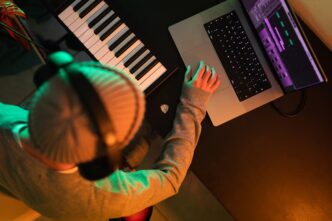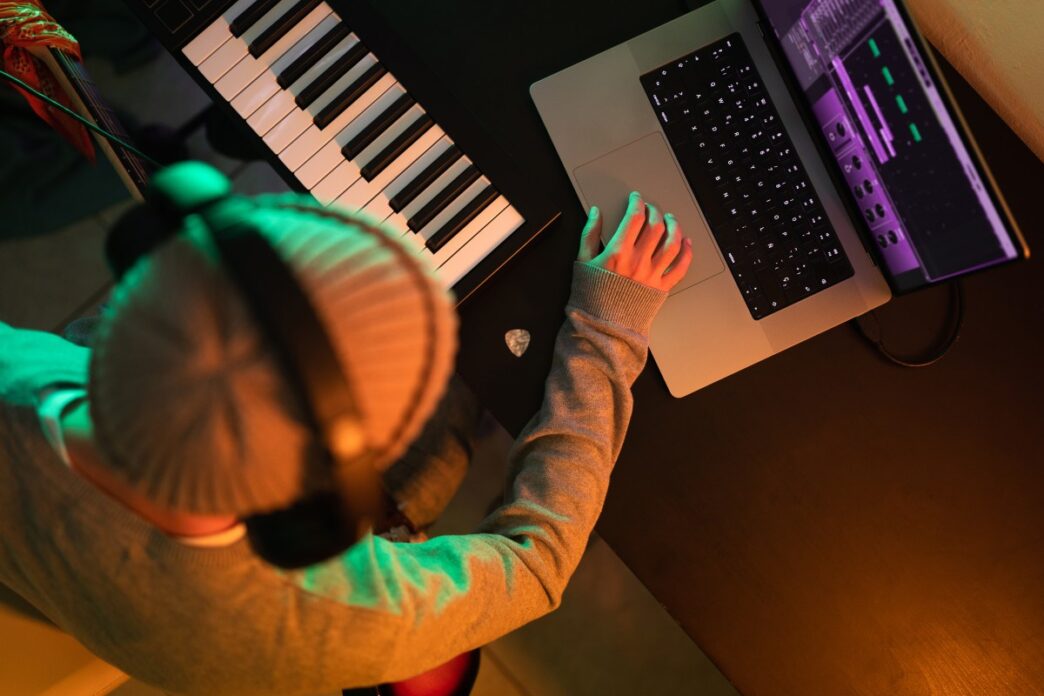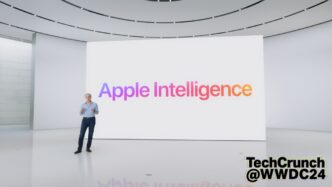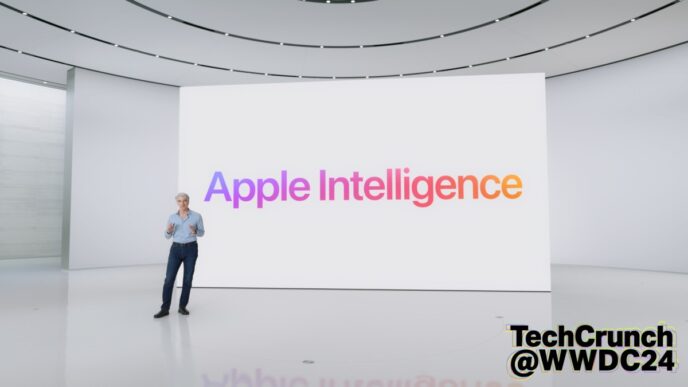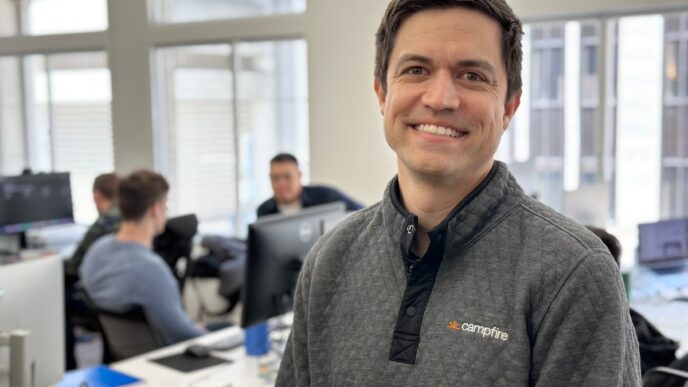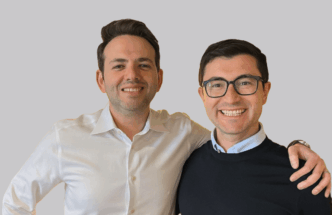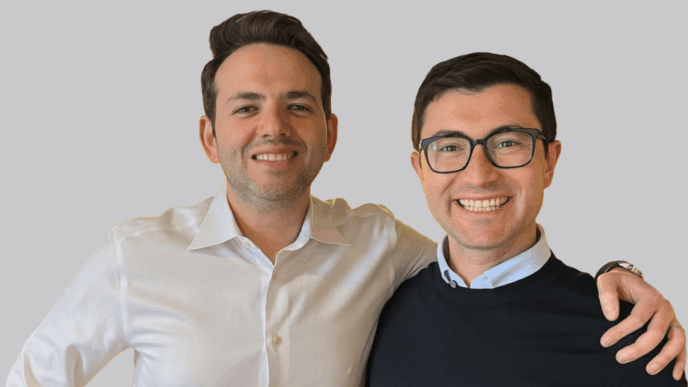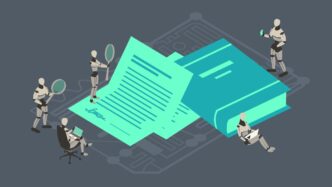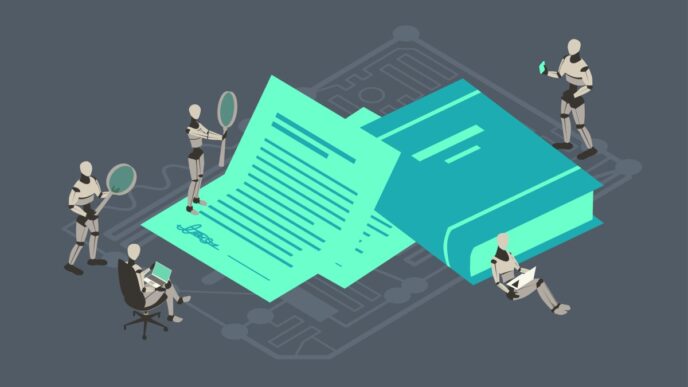Songscription launched last week with AI models that turn songs into sheet music in minutes. The startup offers a freemium tool for musicians to automatically transcribe audio files — piano transcriptions are most reliable now, with plans for guitar tabs and full band arrangements.
Users can upload recordings or YouTube links to generate sheet music or a piano roll view. Uploads require confirming rights, but the check is easy to bypass, raising potential copyright concerns.
CEO Andrew Carlins said the tool helps musicians speed up transcription and hopes it’ll support music education in places like rural schools.
“We hope to make playing music more enjoyable,” Andrew Carlins stated.
“We imagine a future where a rural Nebraska high school band teacher [will be] able to get sheet music for the songs their students want to play, [and] that said music will be arranged specifically for the instruments in the band and offered at the individual level of play of each student.”
The legality is a grey area. Carlins pointed out the tool doesn’t create new AI music but helps users transcribe what they play and can edit the scores afterward.
“For music learners […] since you are allowed to listen to a song, write down the notes by ear, and perform it on your home piano (as long as you don’t charge for a performance), it isn’t fully clear that using a tech-enabled platform to give you a head start crosses any legal boundary, although we understand the field is evolving and our application may enter a grey area,” Carlins said.
The AI is based on a research paper by co-founder Tim Beyer and uses training data from willing musicians, public domain sheet music, and synthetic data with simulated real-world audio effects.
After just seven months, Songscription has secured pre-seed funding from Reach Capital and joined Stanford’s StartX accelerator.
More at Songscription.ai
